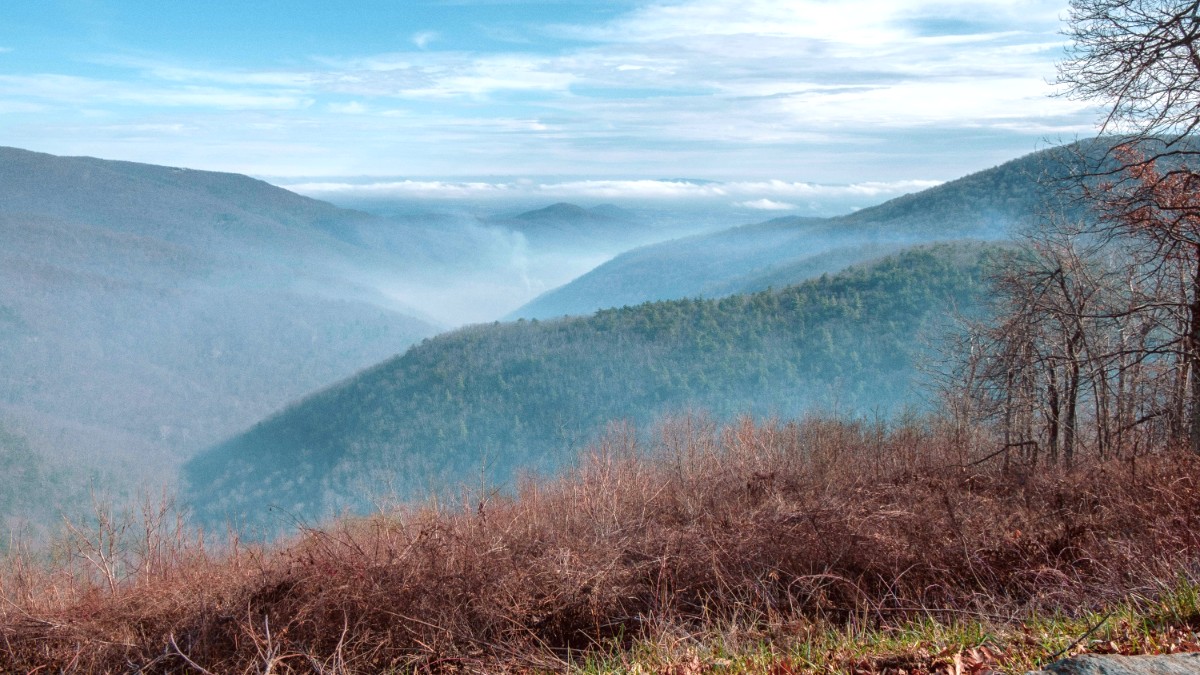
Virginia, USA
Dedicated to preserving its natural and cultural resources for future generations. It implements strict regulations to protect wildlife, water quality, and forest ecosystems.
Managed for multiple uses, including conservation, recreation, and sustainable timber harvesting. It a more rugged and wild experience than the national park, often with fewer developed facilities.
Several local land trusts operate in the valley, working to protect open space, farmland, and river corridors from development, preserving the region's rural character and natural habitats.
Your actions contribute to its preservation.
Leave No Trace Principles are useful for outdoor recreation. Dispose of waste properly in designated receptacles or pack it out. Recycling facilities are available in most towns and park visitor centers.
While not a major public water scarcity issue in the valley, conserving water always a wise practice. Be mindful of your water consumption during your stay.
Consider purchasing carbon offsets for your flights and vehicle emissions through reputable providers. These offsets fund projects that reduce greenhouse gas emissions, mitigating your travel's environmental impact.
Look for accommodations with green certifications or stated environmental policies. Some hotels and B&Bs actively work to reduce their energy and water consumption, implement recycling programs, and source local products.
When buying outdoor gear, consider brands like Patagonia known for their commitment to environmental practices.
Shop PatagoniaExplore reusable products from stores like Package Free Shop to minimize travel waste.
Visit Package Free ShopApproaching local interactions with an open mind and respect for customs enriches your travel experience.
Support local museums, historic sites, and cultural institutions. Your entrance fees and donations fund their preservation efforts. Attend local cultural events, festivals, and performances.
Be polite and courteous in all your interactions. A simple "hello" and "thank you" go a long way. Respect local customs and traditions.
Generally, taking photos in public spaces is permissible. Be mindful of privacy and always ask for permission before photographing individuals, especially children.
If visiting a church or other religious site, dress modestly (shoulders and knees covered are often appropriate), be quiet, and follow any posted rules.
Local museums, historic sites, and cultural institutions thrive with visitor support. Your engagement helps preserve the valley's rich heritage.
Discover the region's past at various local history museums.
Explore preserved homes and battlefields narrating American history.
Check local calendars for festivals, art shows, and performances.